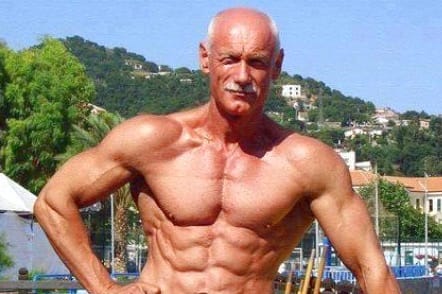BEIJING: Chinese president Xi is planning his second big political move after the country’s parliament cleared the way on Sunday for him to remain in office as long as he pleases. He is expected to pull Wang Qishan, the feared former anti-corruption czar known to have helped Xi strengthen his grip over the military and the
Communist Party apparatus, out of semi-retirement.
Wang, 68, will play a major role in Xi’s second term. This was evident as legislators enthusiastically applauded Wang as he entered the National People’s Congress, the Chinese parliament, as a non-voting member recently. Indications are that he will be made vice-president with the specific role of dealing with the
Trump administration.
Trump has been giving China’s leaders a tense time with his sharp trade actions against Chinese exports and the ongoing tussle over the South China Sea issue. Wang is expected to take a firm stand during his dealings with the Trump administration, signalling a change in Beijing’s approach towards
Washington.
He retired as the head of the Central Commission of Discipline Commission as Xi completed his first term last October. The commission is known to be a storehouse of not just Communist cadre but also business executives with dealings with foreign countries, including the US. Many of them are either officials in state-run companies or in the private sector. This data and Wang’s personal following among senior officials might come in handy in his new assignment, sources said.
Under his charge, the commission prosecuted over 254,419 Communist and government officials for wrongdoing, according to official data. They included officials from the military, different departments in central and provincial governments as well as business executives.
Sunday’s NPC session saw just two dissenting votes while 2,958 deputies voted to end the two-term restriction on the president. Xi, who was earlier slated to step down in 2023, now has the legal basis to continue in power as long as he wishes.
He is believed to have acquired as much power as Mao Zedong, the founder of Communist China, who remained in power till the last day of his life.
 Reuters photo
Reuters photo Reuters photo
Reuters photo



